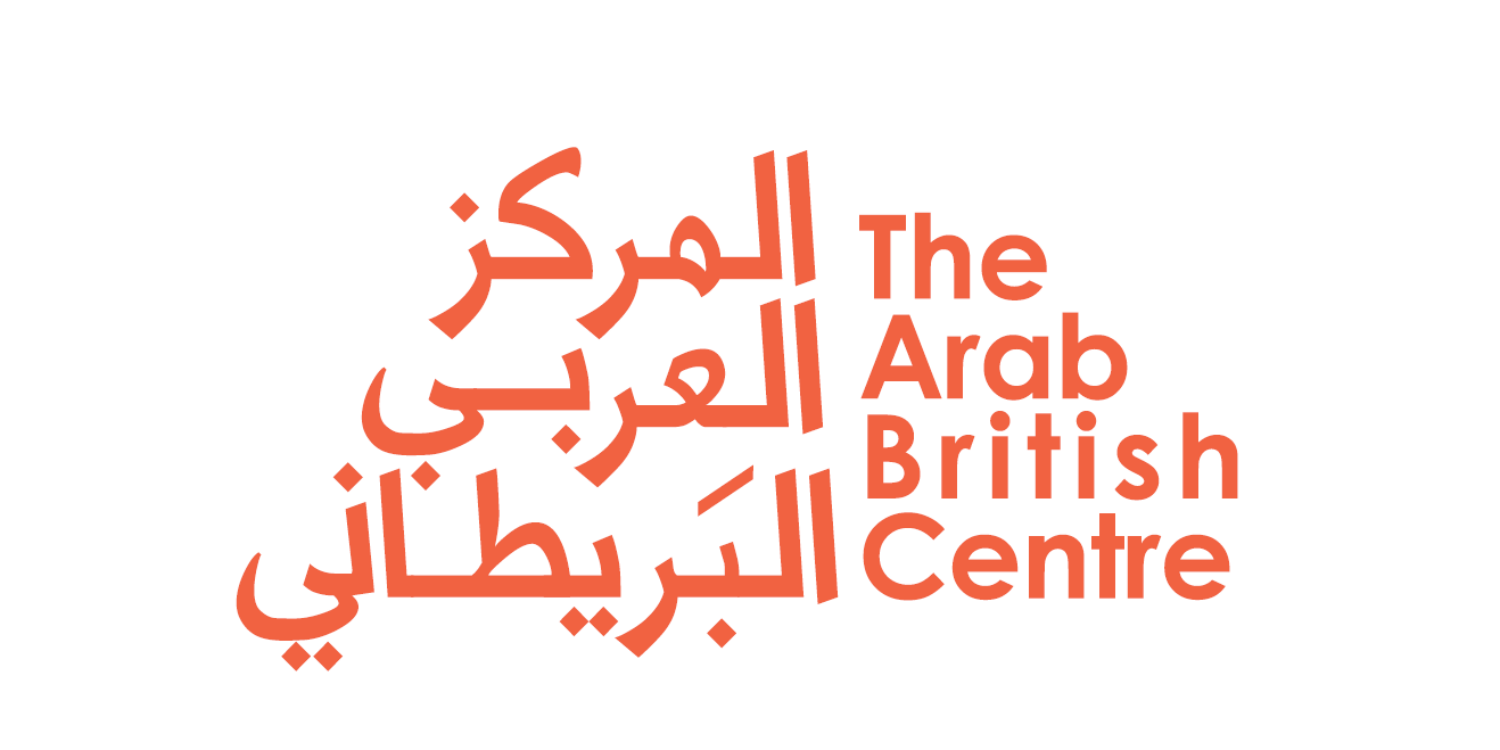We followed closely developments with regard to freedom of expression for Palestinian artists and attempts to censor them, and were very concerned at the handling of an event with Radio Al Hara which was scheduled as part of RESOLVE Collective’s them’s the breaks wider public programme at the Barbican on Thursday 15 June.
We, along with our fellow resident and partner Shubbak Festival, welcome the initial apology issued by the Barbican on 20 June and their commitment to reschedule this event which Radio AlHara have agreed to. We have been speaking closely with senior members of the Barbican team to gain assurance that censorship of Palestinian voices and anti-Palestinian racism are dealt with thoroughly and are not repeated. Freedom for artists to express themselves is a fundamental value which we expect to see applied and reflected in all of our partner organisations.
In July, both SAFAR and Shubbak have events planned at the Barbican. SAFAR Film Festival has three Palestinian films scheduled under a commemorative strand entitled Nakba 75 which offers a selection of films exploring the impact and aftermath of the forced expulsion of over 700,000 Palestinians from their homeland in 1948, and the ongoing reality of life under occupation. In addition, Lebanese American musician Hamed Sinno, a strong proponent of Palestinian liberation, will be performing their first solo act at Barbican Hall as part of Shubbak Festival. While we express solidarity with Resolve Collective’s decision to withdraw their exhibition from the Barbican’s Curve Gallery, after careful consideration, we have decided to go ahead with our events as planned.
We see our programme at the Barbican as an opportunity to highlight the lived experiences of Palestinians and showcase the vital work that artists and filmmakers are doing to address and raise awareness of the occupation, and the suffering and aspirations of Palestinians. The safety and creative freedom of our filmmakers, artists and audiences is our priority and we are in discussion with colleagues within the Barbican Heads of Cinema, Music and Equity, and Diversity and Inclusion teams to ensure such an incident of censorship does not happen again.
The Barbican have made clear that this is going beyond an apology and they have engaged a consultant (Dr Maggie Semple) to independently unpack what has happened, with their report to be delivered by the end of July.
Claire Spencer, CEO, and Will Gompertz, Artist Director, are personally overseeing this process and the learning that emerges. Beyond the investigation, the Barbican informed us that they have appointed a new EDI team with a new anti-racism specialist and they will be launching a new anti-racism action plan in the coming months in partnership with their diversity networks. They are also working on an audience strategy which will be the vehicle for the Barbican to have deeper conversations about their brand and tone of voice which will include the intersections between their ethics, values, what they choose to programme and how they see their role as a civic organisation (particularly in terms of human rights issues).
We recognise this as an opportunity for learning, and continue to underline to colleagues at Barbican the need for the above measures to ensure that all members of staff across the organisation receive appropriate training and that they are encouraged, supported and held accountable to principles of freedom of expression and human rights.

